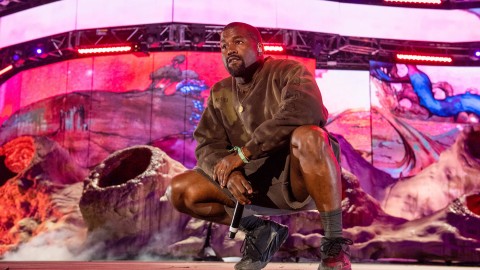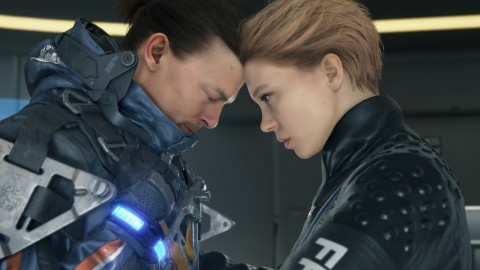
Let’s play a game: think of as many South Asian characters in film and TV as you can. Then count how many have a cultural name, an English/American accent, and a role that doesn’t focus on their ethnic or religious minority. It’s a short list, right? That’s because some writers think you need to have at least a bit of English or American-ness about you to be considered a regular person. BBC Three’s Starstruck, an otherwise delightful show, is only the latest example of this worrying trend.
Created by fast-rising comic Rose Matafeo, who also plays the lead, Starstruck follows the aftermath of a chaotic New Year’s Eve night out. Disillusioned millennial Jessie has just realised she unwittingly slept with a film star, the quietly charming Tom Kapoor (Nikesh Patel), which understandably freaks her out a little. The rest of the story details their will-they-won’t-they relationship as it careens from one whimsical disaster to another. There’s a lot to like about the six-part miniseries: it’s female-led, mostly sex-positive and takes its cues from Michaela Coel’s hilarious Chewing Gum. But there’s one thing that the eagle-eyed South Asian viewer might have observed: Why is Tom called Tom? He could’ve been given the name Ajay, for example, without losing the show’s central plot. His name has been needlessly anglicised – just like in a lot of other popular films and TV series.

In Riz Ahmed’s Oscar-nominated Sound of Metal, we have Ruben Stone. Ahmed also plays Venom’s Carlton Drake and Ricky from Nightcrawler. In Mean Girls, there’s Kevin Gnapoor. In New Girl, Cece. The US Office, Kelly. Then there’s Tom Haverford in Parks & Rec or Ginny and Georgia’s Joe. Don’t forget Jack in Beatles biopic Yesterday!
The exceptions to the rule is when heritage is inherent to the role – such as in Four Lions, or when there are racial gags aimed at the character (Harold and Kumar, Modern Family’s Sanjay) and in historical dramas (A Suitable Boy, Victoria & Abdul). In Bend it Like Beckham or even Eastenders, writers play up their racial differences with storylines based on their heritage. We don’t forget that they’re ethnic families against a backdrop of whiteness. Tellingly, another exception is when South Asians create their own characters – often writing complex, multi-faceted characters, without compromising on name – such as Devi in Mindy Kaling’s Never Have I ever, or Dev in Aziz Ansari’s Master of None, or the eponymous character in Kumal Nanjiani’s The Big Sick.

When a South Asian character does have a cultural name in a mainstream show or film, they’ll also be given an Indian accent (even if it’s not their natural pronunciation). Just look at Apu from The Simpsons, Raj from The Big Bang Theory, Mr Chetty in The Internship. This binary system supposes that the ethnic-named immigrant and Westernised South Asian identity is mutually exclusive. So you can’t be called Tom if you’re fresh out of India and, for some reason, you can’t be called Akshay if you’re playing a regular person in the UK or US.
South Asians in the West already feel the pressure to integrate – with many abbreviating their ethnic names to fit easier in the mouths of non-Asians (in a post-9/11 world, where anti-Asian violence has increased, these measures have been necessary for survival). When films and TV shows don’t even bother trying to maintain our culture in roles that could be considered revolutionary (let’s not forget that Starstruck brilliantly pairs two people of colour, a rare achievement), it reminds us that we’ll always be different, that we’re not enough as we are, that we could be doing more to fit in.
That doesn’t mean brown people can’t have anglicised names, and indeed some do. But the entertainment industry in the West fails to celebrate the millions of South Asians in the diaspora who are called Abishek or Mariam – and are navigating the highs and lows of adolescence, dating, work or any other storylines afforded to white actors. We don’t have enough white creators writing dynamic roles for South Asians that aren’t pegged to their otherness and if they do, they eschew the ethnic names.
South Asians want nuance in the representation we see, where our heritage is important but not the main story. And when we’re given the opportunity to go beyond our traumas and identities, our ethnic names should not be taken away.
The post Why do South Asian characters on TV always have white names? appeared first on NME.







